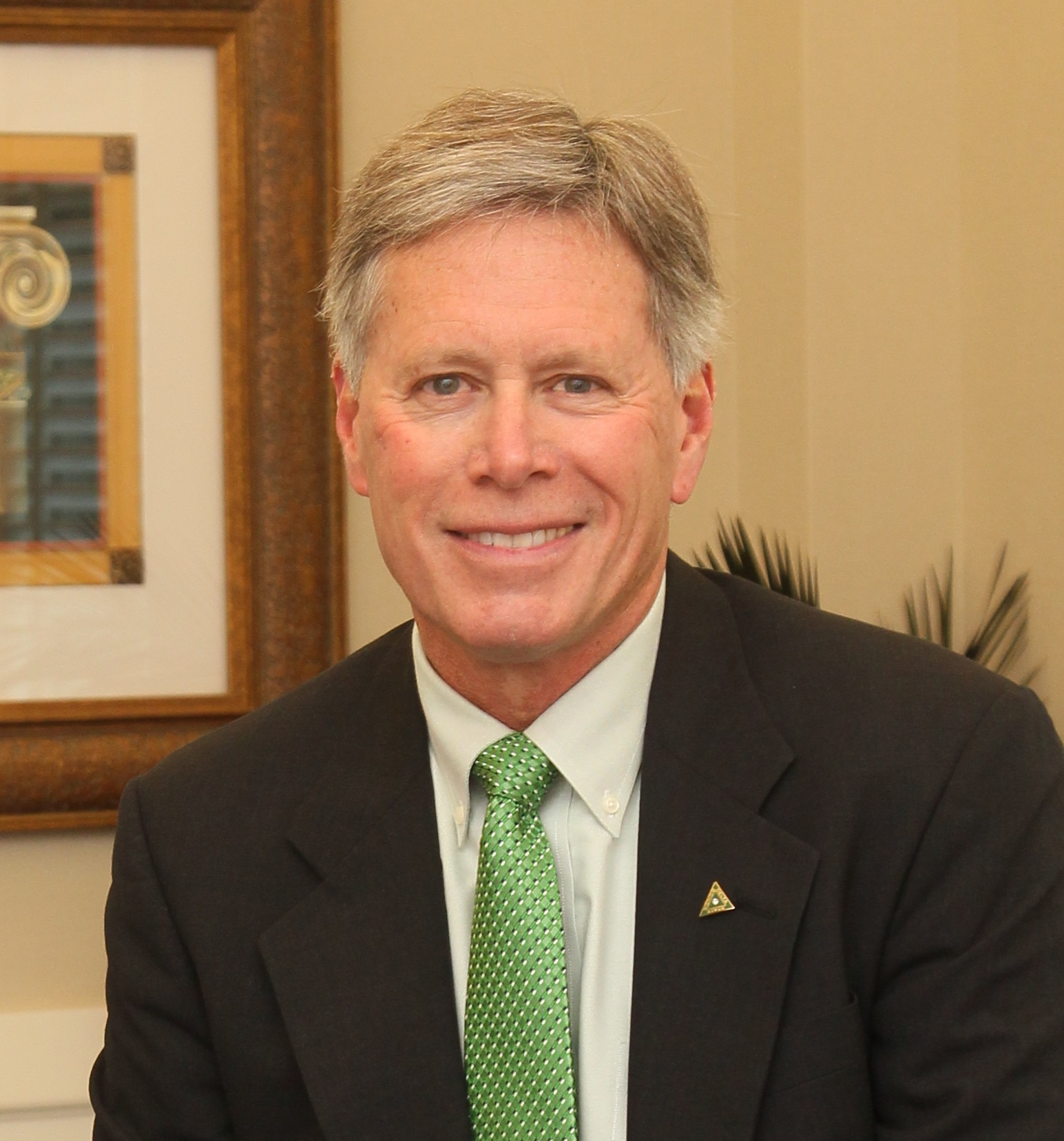
President William N. LaForge (2013-2022)
William LaForge began his service as the eighth President of Delta State University on April 15, 2013. Before returning to his alma mater, he enjoyed a 37-year career in both the public and private sectors in Washington, D.C. that spanned the fields of government, law, higher education, and public policy. During his tenure as President of Delta State University, President LaForge devoted his time and energy to making excellence a hallmark of the university, and he initiated numerous programs toward this end including: the Winning the Race Conference on Race Relations; the International Conference on the Blues; the Delta State University Colloquia Distinguished Lecture Series; the prestigious “Legends of Delta State University” program; Delta State’s campus and community radio station—WDSW-LP 88.1 FM. President LaForge believed in implementing more aggressive student recruitment and enrollment tactics, including an emphasis on international recruiting, which reached record levels in Fall 2018. An increased focus on student retention was developed during his presidency through initiatives such as First Year Seminar, Early Alert Systems, and Okra Scholars. President LaForge expanded his internal and external efforts with students, employees, and the community through regular forums with campus constituency groups, residence hall meetings, Greek organizations, establishment of the President’s Leadership Class, regular lunches with employees and visits with departments, and quarterly lunch meetings with community leaders. Under his leadership, President LaForge wanted to ensure Delta State University students were provided with a full college experiences that helped prepare them for careers in an every-changing global economy.
President LaForge presented to faculty and staff during his State of the University address in August 2016 the Visioning Principles. It was the intent of President LaForge to use these ten building block visioning principles to help the university plan and shape its future.
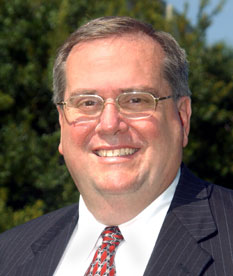
Dr. John Hilpert (2003-2013)
With bold ambitions for the school’s future, Dr. Hilpert took office as President of Delta State University on September 1, 2003. Coming off of a very successful tenure as President of Northern State University in Aberdeen, South Dakota, Dr. Hilpert saw great promise not only in Delta State, but in the Delta as a region. With this in mind, he set as the agenda for the University the goal of becoming the best regional university in America. Under the leadership of Dr. Hilpert, Delta State has seen an expansion of its facilities, academic opportunities, and dreams for itself.
In a response to a request made by the Board of Trustees of the Mississippi State Institutions of Higher Learning, Dr. Hilpert’s administration created the university’s Guiding Principles. The Guiding Principles were approved by the Board of Trustees on March 18, 2004.
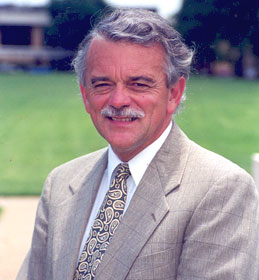
Dr. David Potter (1999-2002)
Dr. Potter arrived from George Mason University where he served as provost. He was named the sixth Delta State president on May 7, 1999. Potter has commented on the “daunting possibilities” he faced to honor the 24 year legacy he assumed. However, he recognized and embraced his responsibility to expand upon the past achievements of Delta State. Dr. Potter took an active and visible role, showing his support at sporting events, art functions, and academic gatherings.
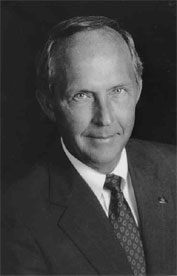
Dr. Kent Wyatt (1975-1999)
Growing up on the Delta State campus, Dr. Wyatt seemed destined to assume a leadership role for the university. Serving under Dr. Ewing as Alumni Director and then as Assistant to the President for both Ewing and Lucas, Wyatt was the first alumnus of the school to be chosen as its leader. It was under Dr. Wyatt’s presidency that the Lady Statesmen forged ahead and won their second and third consecutive national basketball championships. As a member of the Delta community, the English faculty initiated the Delta Area Writing Project to assist Delta schools. Dr. Wyatt became president during the 50th anniversary of Delta State, and would later deliver the first doctoral degree in 1984. Fundraising became an important issue for Delta State when the Alumni Foundation launched its $5 million dollar campaign in 1996. It exceeded that goal in 1999 when it reached the $10 million mark. Dr. Wyatt announced his retirement in 1999 after 24 years of service.

Dr. Aubrey Lucas (1971-1975)
Striving to increase and improve Delta State’s credibility as a reputable institution of higher learning, one of Dr. Lucas’ goals was to improve academic programs. He worked closely with the National Council Accreditation for Teacher Education. In 1973, the Southern Association of Colleges and Schools reaccredited Delta State. In 1974, Delta State College became known as Delta State University. During Dr. Lucas’ tenure, there were two major gifts made to the Delta State University Foundation–the Nellie Nugent Somerville Lecture Series on Government and Public Affairs and for the West Carillon. Also, the women’s basketball program was revived. The Lady statesmen won their first national championship in 1975. Dr. Lucas returned to the University of Southern Mississippi to become their new president that same year, where he remained until his retirement in 1996.
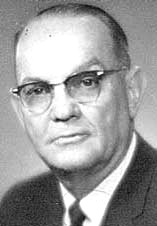
Dr. James Ewing (1956-1971)
Dr. James Ewing bolstered the size of the University in every way, from enrollment to buildings to educational divisions. Dr. Ewing increased the student enrollment from 527 to 3,309 by the time he retired. The number of faculty increased by 100 professors and the number of staff holding Ph.D.’s increased by sixfold. After Ewing initiated a massive improvement campaign to increase Delta State’s academic programs, it was decided that the Hill Demonstration School should be discontinued. In 1959, along with all the other campus changes, students adjusted from the quarter system to the semester system. On July1, 1964, Dr. Ewing announced the first full-time alumni secretary, Forest Kent Wyatt. Other academic changes included the addition of a graduate program in the summer of 1965.
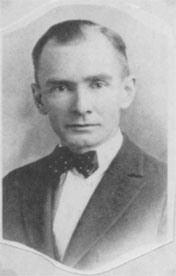
Dr. William Kethley (1926-1956)
As the youngest college president in the state, Dr. Kethley assumed the reins at Delta State Teachers College with determination and enthusiasm. Holding the respect and admiration of both students and educators alike, he dispensed his authority in a quiet and humble manner. During Dr. Kethley’s years as president, the Delta Council was organized at Delta State. The college became a member of both the American Association of Teachers Colleges and the Southern Association of Colleges and Schools. Dr. Kethley oversaw widespread campus construction. His appreciation for nature is evident today, as it is to his credit that Delta State can boast the oaks, the cypress, dogwood and mimosas on campus. The Department of Music, along with the university’s other departments, educated many fine musicians during this time, including composer Ruth Fischer in 1930.
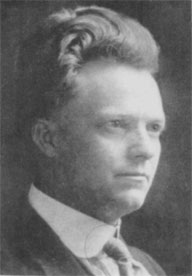
Dr. James Wesley Broom (1925-1926)
In February 1925, H.B. Heidelberg, chairman of the committee to select a president for Delta State Teachers College, announced the unanimous nomination of James Wesley Broom as the first president of Delta State. Broom accepted the honor and the challenge set before him with enthusiasm and determination. Broom had previously taught at Mississippi Normal School (now the University of Southern Mississippi) and had served as assistant superintendent of education. During his short tenure in office, Broom succeeded in obtaining appropriations for Delta State from the legislature. He secured a $175,000 appropriation for a girl’s dormitory, which was named Cleveland Hall, as well as a framed gymnasium, Laundromat and residences for the dean and president. Sadly, President Broom passed away in May 1926, just before the end of Delta State’s first academic year.

